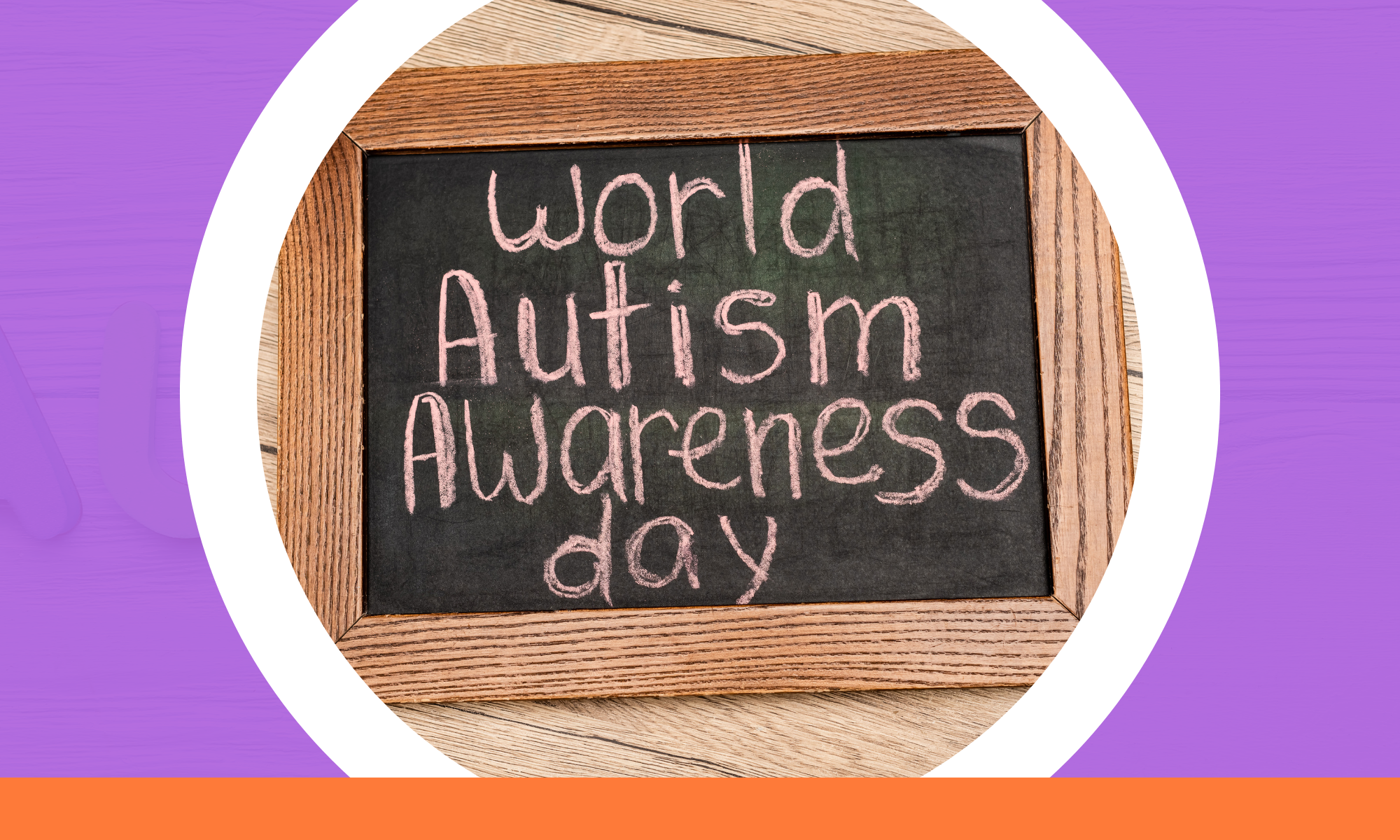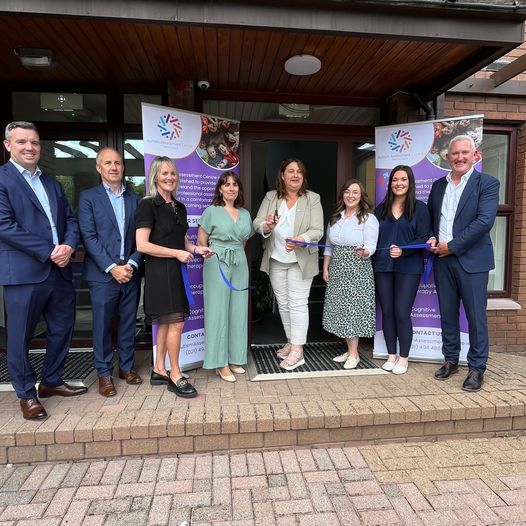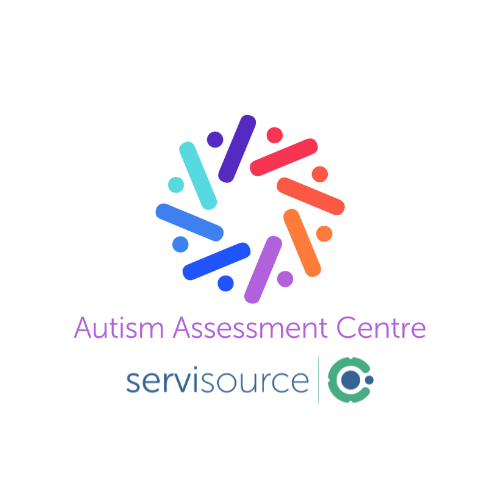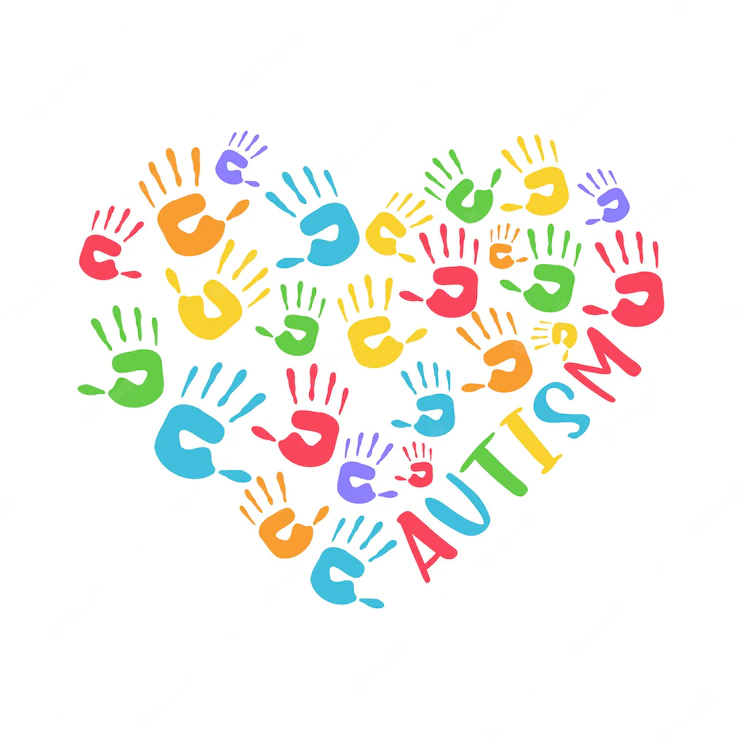Support Strategies for Parents
Raising a child with Autism is a unique journey filled with rewarding breakthroughs. Parents often find themselves navigating a complex landscape of therapies, educational plans, and social adjustments while trying to provide the best possible environment for their child’s growth and development. Support strategies for parents are important as they offer practical ways to empower, reduce stress, and promote a nurturing, structured environment for both the child and the entire family.
Did You Know?
A study carried out with DCU concluded that the current rate of Autism in Ireland is 1 in 100.
Understand Your Child’s Needs
Begin by gaining a thorough understanding of your child’s strengths, challenges, and specific needs. By focusing on their strengths and finding ways to communicate with them in a way that works for them, you can create a nurturing environment that allows them to thrive. Listen to your child, observe their behavior, communication abilities, sensory differences, and any other areas that require attention. You will then be able to evaluate their needs and what can help or hinder them and in turn, prevent stressful situations from occurring.
Work Collaboratively with Educators and Therapists
Reach out to professionals, such as developmental pediatricians, child psychologists, or therapists. They can assess your child’s specific needs and provide recommendations for appropriate therapies. They may suggest specific clinics, centers, or organisations that offer reliable and evidence-based interventions. With the right support system, you can navigate the challenges together.
The Irish Society for Autism (ISA) is a national charity that provides support, information, and advocacy for individuals with autism and their families. They can offer further guidance and direction to suitable consultation services in your area.
The Health Service Executive (HSE) in Ireland also provides autism-specific services, including assessment, diagnosis, and intervention. They explain the following on their website: How to help your autistic child with day to day life, advice about medicine and medical problems and how to help their behaviour, as well as other forms of advice.
Here at Autism Assessment Centre, when there is a question about your child’s functioning, we understand how important knowledge and trusted guidance can be. Whether there is a diagnosis or not, we will always take time to walk you through the process of getting help for your child. Our services include a multidisciplinary/ multi-factor assessment that results in a report and feedback session to guide you to the next steps.
Autism Assessment Center:
• Our client-centred approach allows us to educate, assess, and support your needs directly.
• We can facilitate a full range of services that adapt to specific needs, organised in an efficient manner.
• We understand your world, we speak your language.
• With the right people and the right skills and knowledge, we are ready to support you.
Schedule Consultations
Arrange consultations with the therapy providers you are considering. During these meetings, ask questions about their approach, treatment goals, expected outcomes, duration of therapy, and any specific strategies they use. Be sure to discuss your child’s unique needs and ask how they will tailor the method to address those needs. Once you have identified the specialists required, you can begin to schedule appointments at times that suit your family’s needs. Always make sure to give yourself enough time before appointments to prepare questions and concerns, and never be afraid to advocate for your child’s needs during consultations.
Establish Consistent Routines
Children with Autism often thrive in structured environments. Structure and predictability can significantly reduce anxiety for everyone and improve overall functioning. Children with Autism often thrive in environments where they know what to expect, as sudden changes or unpredictability can be overwhelming and distressing. By creating clear, consistent daily routines, such as set times for meals, play, learning, and bedtime, parents can help their child feel more secure and confident in navigating the world around them. These routines also provide valuable opportunities for teaching new skills, encouraging independence, and reinforcing positive behaviors in a supportive, manageable way.
Tip: Consistency at home can reinforce what your child learns in therapy or school.
Use Positive Reinforcement
Positive reinforcement can be an effective tool for encouraging desired behaviors. This approach focuses on recognising and rewarding positive actions, which helps to increase the likelihood that those behaviors will be repeated. Children will respond well to clear, immediate feedback, and positive reinforcement such as praise, tokens, or a favorite activity, these can be motivating and confidence-building tools. By consistently reinforcing appropriate behavior, parents can help their child develop important life skills, strengthen communication, and build a more positive and trusting relationship.
Tip: Know what motivates your child, what’s rewarding for one child may not be for another.
Monitor Progress
Continuously monitor your child’s progress and development throughout therapy. One way to do this is by keeping track of their developmental milestones, such as their ability to communicate effectively or their motor skills. Regularly communicate with the therapist to assess whether the chosen method is meeting their needs, to understand what goals they are working towards, and how you can reinforce their progress at home.
If necessary, discuss modifications or explore alternative therapies that may be more beneficial. Progress looks different for everyone, so focus on celebrating any and all accomplishments, no matter how small they may seem.
By staying informed, working collaboratively with educators and therapists, maintaining routines, seeking support, and monitoring progress, you can create a positive environment that encourages your child’s growth and happiness. Remember, progress takes time, and every small victory is a step forward. You’re not alone in this journey, hope and support are out there.










































